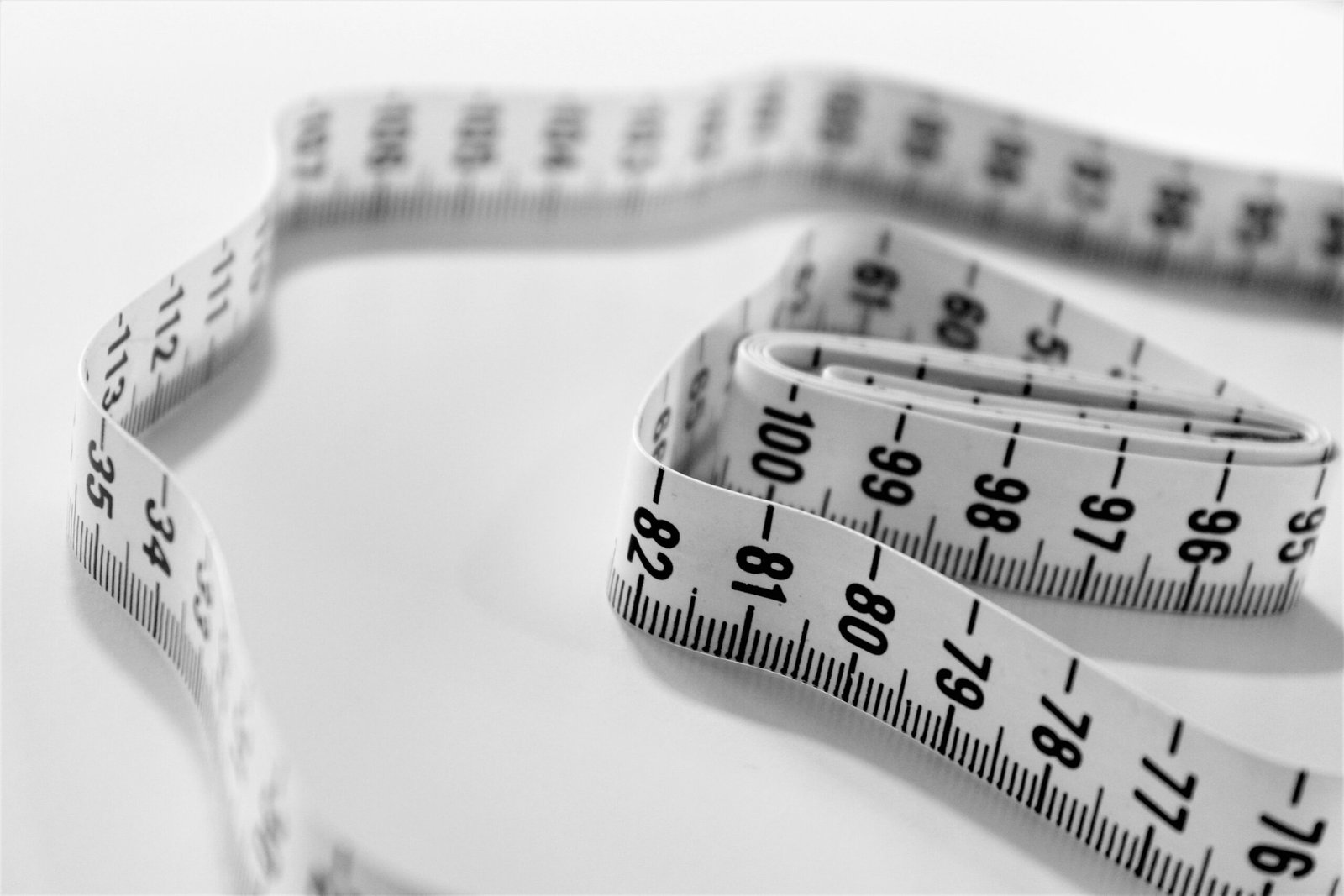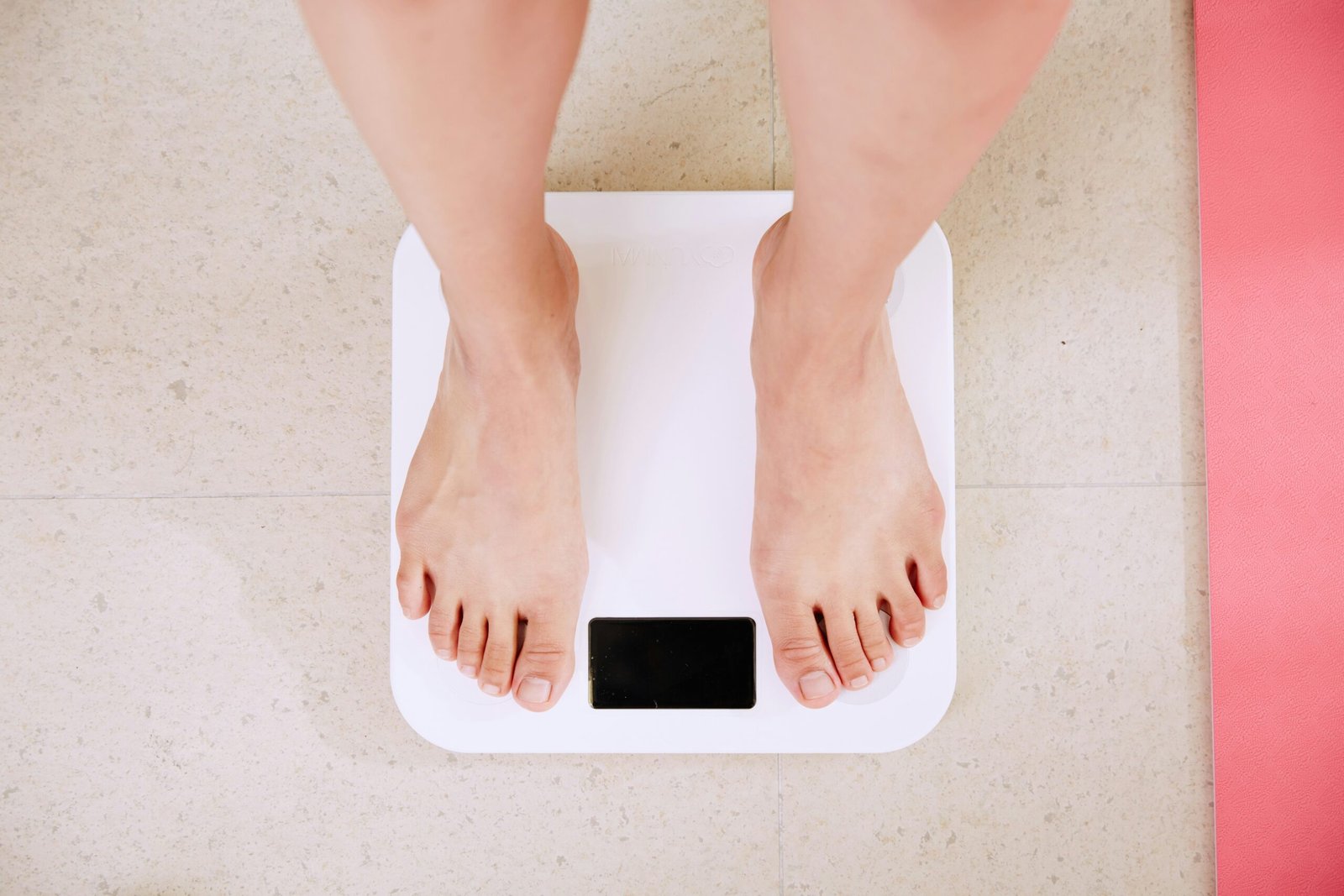Carbohydrates are often demonized in the world of weight loss because they are associated with foods that are high in calories and can lead to weight gain. However, it’s important to understand that not all carbs are created equal. There are two main types of carbohydrates: simple carbs and complex carbs. Simple carbs, such as those found in sugary snacks and processed foods, are quickly digested and can cause a spike in blood sugar levels. On the other hand, complex carbs, like those found in whole grains, fruits, and vegetables, are digested more slowly and provide a steady source of energy.
When it comes to weight loss, the key is to focus on consuming complex carbs that are high in fiber and nutrients. These types of carbs not only provide sustained energy, but they also help to keep you feeling fuller for longer, reducing the likelihood of overeating. Incorporating complex carbs into your diet can also help to stabilize blood sugar levels and improve insulin sensitivity, which is important for weight management.
So, how can you incorporate carbs into a healthy weight loss diet? Firstly, it’s important to choose the right types of carbs. Opt for whole grains like quinoa, brown rice, and whole wheat bread, as well as fruits and vegetables that are high in fiber. These foods will provide you with the necessary nutrients while keeping you satisfied.
Secondly, portion control is key. While carbs are an important part of a balanced diet, consuming too much can still lead to weight gain. Be mindful of your portion sizes and aim to fill half of your plate with vegetables, a quarter with lean protein, and a quarter with whole grains or starchy vegetables.
Lastly, timing is important. It’s best to consume complex carbs earlier in the day when your body needs the energy the most. This will give your body enough time to burn off the calories and prevent them from being stored as fat. It’s also a good idea to pair your carbs with protein and healthy fats, as they can help to slow down digestion and keep you feeling satisfied.
In conclusion, you can still eat carbs and lose weight. The key is to choose the right types of carbs, control your portion sizes, and time your carb intake appropriately. By incorporating complex carbs into a healthy diet, you can provide your body with the energy it needs while still achieving your weight loss goals.
Complex carbs are an essential component of a balanced diet and can play a crucial role in weight loss. Unlike simple carbs, complex carbs are digested more slowly, providing a steady release of energy throughout the day. This slow digestion helps to keep you feeling fuller for longer, reducing the likelihood of overeating and snacking on unhealthy foods.
In addition to their satiating effects, complex carbs are also rich in fiber, vitamins, and minerals. Fiber is particularly important for weight loss as it adds bulk to your diet without adding extra calories. This means that you can eat a larger volume of food while consuming fewer calories, promoting a calorie deficit necessary for weight loss.
Furthermore, complex carbs are packed with essential nutrients that support overall health and well-being. Fruits, vegetables, whole grains, and legumes are excellent sources of vitamins and minerals that are vital for optimal bodily functions. These nutrients not only help to support your weight loss efforts but also contribute to a strong immune system, healthy digestion, and improved energy levels.
When incorporating complex carbs into your weight loss plan, it’s important to focus on whole, unprocessed foods. Opt for whole grain bread, brown rice, quinoa, and oats instead of their refined counterparts. Include a variety of colorful fruits and vegetables in your meals to ensure you’re getting a wide range of nutrients. Legumes such as lentils, chickpeas, and black beans are also excellent sources of complex carbs and can be incorporated into soups, salads, and stews for added protein and fiber.
While complex carbs are beneficial for weight loss, it’s essential to consume them in moderation and in conjunction with a well-rounded diet. Balancing your intake of carbs, protein, and healthy fats is key to achieving sustainable weight loss. Additionally, incorporating regular physical activity into your routine will further enhance your weight loss efforts.
In conclusion, complex carbs are an integral part of a healthy diet and can support weight loss goals. Their slow digestion, high fiber content, and nutrient density make them an excellent choice for promoting satiety, reducing calorie intake, and providing essential vitamins and minerals. By incorporating complex carbs into your meals and snacks, you can fuel your body with the energy it needs while achieving your weight loss goals.
The Importance of Portion Control
While carbs are not the enemy when it comes to weight loss, portion control is crucial. It’s easy to overeat carbs, especially when they are in the form of processed foods. When consuming carbs, it’s important to be mindful of portion sizes and choose whole, unprocessed foods whenever possible.
One way to control portion sizes is to use the plate method. Fill half of your plate with non-starchy vegetables, one-quarter with lean protein, and one-quarter with a serving of complex carbs. This ensures a balanced meal that provides the necessary nutrients while keeping calories in check.
Another helpful tip is to listen to your body’s hunger and fullness cues. Eat slowly and stop eating when you feel satisfied, not overly full. This can prevent overeating and help you maintain a healthy weight.
Additionally, practicing portion control can have numerous benefits for your overall health. When you consume larger portions than your body needs, it can lead to weight gain and an increased risk of developing chronic diseases such as obesity, diabetes, and heart disease. By controlling your portion sizes, you can better manage your calorie intake and maintain a healthy weight.
Furthermore, portion control can also help improve digestion and reduce digestive discomfort. When you eat large portions, your digestive system has to work harder to break down the food, which can lead to bloating, gas, and indigestion. By eating smaller, well-portioned meals, you can support your digestive system and promote better overall digestion.
Moreover, portion control can also have a positive impact on your energy levels. When you consume large portions, your body has to allocate more energy towards digestion, leaving you feeling sluggish and tired. By eating smaller, balanced meals, you can provide your body with the energy it needs to function optimally throughout the day.
In addition to the physical benefits, portion control can also help with mindful eating. When you pay attention to your portion sizes, you become more aware of what you are putting into your body. This mindfulness can extend to other areas of your life, such as making healthier food choices and being more present in your daily activities.
In conclusion, while carbs are not inherently bad for weight loss, portion control plays a vital role in maintaining a healthy weight and overall well-being. By being mindful of portion sizes, using the plate method, and listening to your body’s hunger and fullness cues, you can support your weight loss goals, improve digestion, boost energy levels, and cultivate a healthier relationship with food.
Choosing the Right Carbs
Not all carbs are created equal, and choosing the right ones can make a big difference in your weight loss journey. Here are some tips for selecting healthy carbs:
1. Opt for whole grains: Whole grains are less processed and contain more fiber, vitamins, and minerals compared to refined grains. Choose whole wheat bread, brown rice, quinoa, and oats instead of their refined counterparts. These whole grains not only provide sustained energy but also help regulate blood sugar levels and promote digestive health.
2. Include plenty of fruits and vegetables: Fruits and vegetables are not only rich in complex carbs but also provide a wide range of nutrients. Aim to include a variety of colorful fruits and vegetables in your diet. These nutrient-dense foods are low in calories and high in fiber, which aids in digestion and helps you feel fuller for longer.
3. Be mindful of added sugars: Many processed foods, such as sugary cereals, granola bars, and flavored yogurt, contain added sugars. These can contribute to weight gain and should be consumed in moderation. Check food labels for hidden sugars and opt for unsweetened or naturally sweetened alternatives. By reducing your intake of added sugars, you can lower your risk of obesity, type 2 diabetes, and heart disease.
4. Include legumes: Legumes, such as beans, lentils, and chickpeas, are not only a great source of complex carbs but also high in protein and fiber. They can help keep you feeling full and satisfied. Additionally, legumes are rich in antioxidants and other beneficial compounds that promote heart health and reduce the risk of chronic diseases such as cancer and diabetes.
5. Don’t forget about starchy vegetables: While it’s important to limit your intake of refined carbohydrates like white bread and pasta, don’t overlook the benefits of starchy vegetables such as sweet potatoes, corn, and peas. These vegetables are packed with essential nutrients like vitamin A, vitamin C, and potassium, and can be a healthy addition to a balanced diet.
6. Consider portion sizes: Even when choosing healthy carbs, it’s important to be mindful of portion sizes. While whole grains, fruits, and vegetables are nutritious, consuming them in excess can still lead to weight gain. Be aware of your body’s hunger and fullness cues and practice portion control to maintain a healthy balance.
By incorporating these tips into your diet, you can make informed choices about the types and amounts of carbs you consume. Remember, it’s not about completely eliminating carbs but rather selecting the right ones that nourish your body and support your weight loss goals.
Balance is Key
While carbs are an important part of a healthy diet, balance is key. It’s important to include a variety of macronutrients, including protein and healthy fats, to support overall health and weight loss. When planning your meals, aim for a balance of carbs, protein, and fats.
In addition to balancing your macronutrients, it’s also important to focus on overall calorie intake. Weight loss occurs when you consume fewer calories than you burn. This can be achieved by creating a calorie deficit through a combination of diet and exercise.
When it comes to creating a calorie deficit, it’s important to be mindful of the quality of the calories you consume. While it may be tempting to simply focus on reducing your calorie intake, it’s equally important to make sure you’re getting the necessary nutrients your body needs. Opting for nutrient-dense foods, such as fruits, vegetables, whole grains, lean proteins, and healthy fats, can help ensure that you’re not only reducing your calorie intake but also nourishing your body with essential vitamins and minerals.
Furthermore, it’s important to consider the timing of your meals and snacks. Eating smaller, more frequent meals throughout the day can help keep your metabolism active and prevent overeating. It’s also important to listen to your body’s hunger and fullness cues and eat until you’re satisfied, rather than eating until you’re uncomfortably full.
Remember, everyone’s nutritional needs are different, and it’s important to listen to your body and consult with a healthcare professional or registered dietitian before making any significant changes to your diet. They can help assess your individual needs and provide personalized recommendations to help you achieve your weight loss goals in a safe and sustainable manner.


